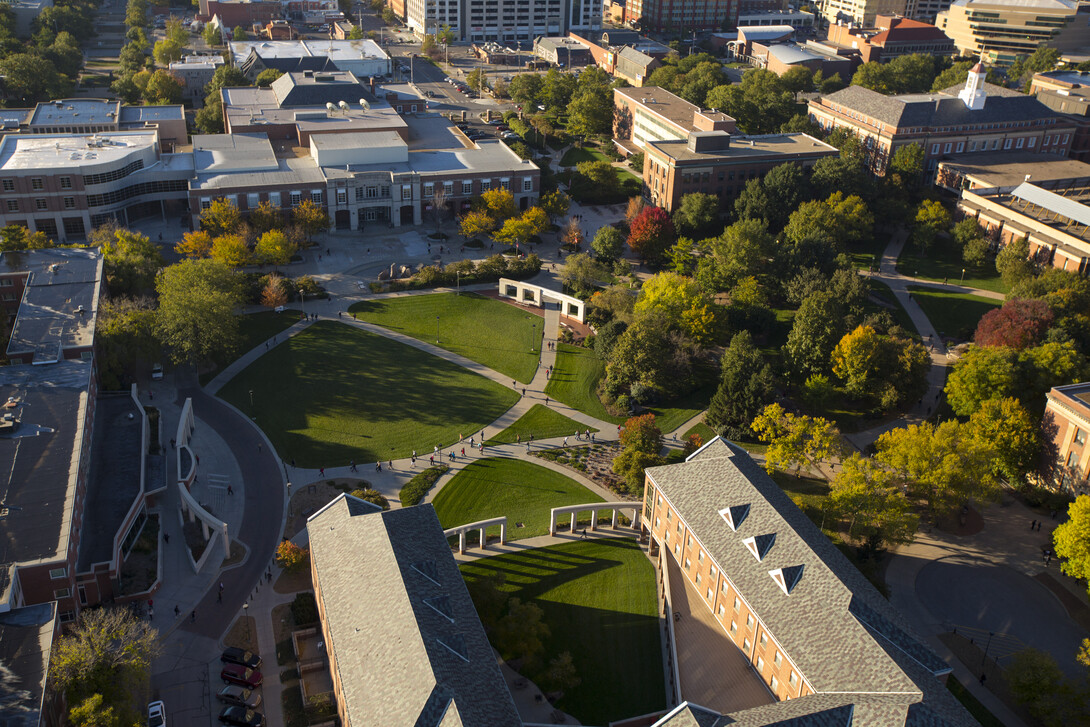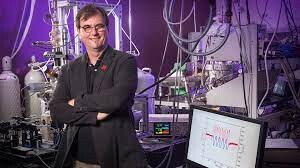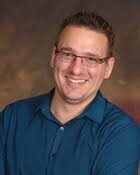
Six University of Nebraska-Lincoln professors have been awarded professorships from the Office of the Executive Vice Chancellor.
“Professorships are one of the highest forms of recognition bestowed upon our faculty,” said Elizabeth Spiller, executive vice chancellor. “The university is grateful to our most recent honorees for their excellence and contributions to our missions of teaching, research and service.”
Two faculty members received University Professorships, which recognize those who have shown an extraordinary level of scholarly or creative achievement and clear potential for continuing accomplishments.
Kwame Dawes, George Holmes professor of English, is a poet, a writer,and a literary critic. Dawes is the author of 29 books of poetry and numerous other books of fiction, criticism and essays. His formal accolades include a Guggenheim, an Emmy, appointment as a Chancellor of the American Academy of Poetry, election as a Fellow of the Royal Society of Literature, the Windham Campbell Prize for Poetry, and appointment as editor of American Life in Poetry. He has increased the prominence of the Prairie Schooner, receiving the PEN/Nora Magid Award as Glenna Luschei editor of the publication, and in partnership with the University of Nebraska Press, he has elevated attention to African poetry. Dawes has leveraged his personal achievements and international stature to transform the university’s creative writing program and recruit promising and diverse faculty members. He received the university’s Outstanding Research and Creative Activity Award in 2019.
Margaret Jacobs, Charles J. Mach professor of history, is the Director of the Center for Great Plains Studies, a member of the American Academy of Arts and Sciences, and former Pitt Professor of American History at the University of Cambridge. She is internationally recognized for historical scholarship related to Indigenous peoples of the American West and Australia and for explorations of the legacy of settler colonialism. She has written numerous peer-reviewed articles and chapters and has published three books, the second receiving the Bancroft Prize. Her Genoa Indian School Reconciliation Project is an ongoing collaborative digital history that will share the perspective of Native students taken away from their families to attend boarding school. Jacobs successfully supports her efforts with major grants and fellowships and recently became UNL’s first Andrew Carnegie Fellow. She received the university’s Outstanding Research and Creative Activity Award in 2021.
Two faculty members were named Willa Cather/Charles Bessey professors. The professorship was established in 2001 to recognize faculty members with the rank of professor who have established exceptional records of distinguished scholarship or creative activity.
Christian Binek, Charles Bessy professor of physics and astronomy, is internationally recognized in the field of magneto-electric phenomena related to spintronics, which explores and exploits the quantum spin on atoms, molecules, or assemblies as the basis for a new generation of electronic and data storage devices. He has written 122 peer-reviewed papers, co-authored a textbook on thermodynamics, published a monograph on Ising-Antiferromagnets, three book chapters, and five patents. Binek is involved with many initiatives that pursue major grant funded research objectives and regularly speaks at domestic and international venues, including 2018 testimony on nanotechnology before a Congressional Committee. Binek serves as director of the university’s Nebraska Nanoscale Facility and as director of the Nebraska Center for Materials and Nanoscience.
Jody Koenig Kellas, Willa Cather professor and chair of communication studies, conducts research on how communicated sense-making can help individuals and families understand and negotiate challenges. Her research lab, Narrative Nebraska, investigates the links between storytelling and well-being. Kellas has published one book, 25 book chapters, and 34 peer-reviewed articles. She has 12 awards from journals or societies for top paper or presentation and has been successful in attracting research funding through university-based sources, including a recent COVID-19 Rapid Response Grant testing a storytelling intervention to improve well-being of parents and military personnel during the pandemic. She has leadership roles in the Preparing Future Faculty program and Peer Review of Teaching project and has received the Outstanding Teaching and Instructional Creativity Award in 2020, Hazel R. McClymont Distinguished Teaching Award in 2018, and College Distinguished Teaching Awards in 2009 and 2016.
Two faculty members were named Susan J. Rosowski associate professors. The professorship recognizes faculty at the associate professor level who have achieved distinguished records of scholarship or creative activity and who show exceptional promise for future excellence.
Jennine Capó Crucet, Susan J. Rosowski associate professor of English and ethnic studies, has written three critically acclaimed books and has a fourth under contract with Little, Brown and Co. Her last novel, “Make Your Home Among Strangers” — designated a Best Book of the Year by NBC Latino and other venues — has been a One Book/One Campus selection at over 35 institutions, making it one of the top-most used books for this purpose. A PEN/O. Henry Prize winner, Crucet has published numerous stories, essays, and articles, including many as a contributing opinion writer for The New York Times. An accomplished instructor of both undergraduate and graduate courses, she received the College of Arts and Sciences Distinguished Undergraduate Teaching Award in 2018.
Tomas Helikar, Susan J. Rosowski associate professor of biochemistry, focuses his research expertise in computational systems biology, technology development, and STEM education. The integrated nature of his program across research and teaching is evident in his records of publication and external funding. He has established highly successful collaborations within his research network that have resulted in a large number of peer-reviewed publications in a diverse range of journals and significant funding from both the National Science Foundation and National Institutes of Health. Growing national and international recognition of his work is reflected the number of his invited talks and visits, activities such as the sub-group co-lead for the NIH Interagency Modeling and Analysis Group’s MultiScale Modeling Consortium and his position as review editor for Frontiers in Physiology, a leading journal in its field.













